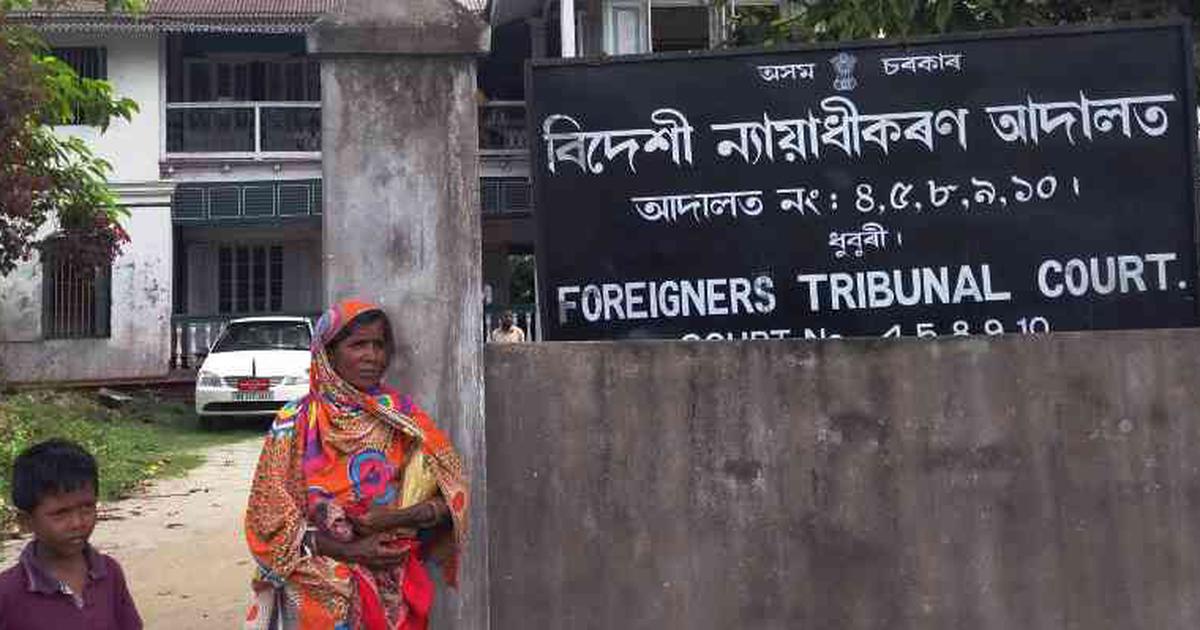
In May 2004, Bipin Dutta, a sub-inspector from the Nalbari police station in Assam, visited Md Rahim Ali’s home in Kashimpur village.
Dutta said that the Nalbari superintendent of police had asked him to inquire into Ali’s nationality, and asked him to produce documentary evidence in support of his citizenship.
Ali asked for time to produce the relevant documents and was told he had seven days to do so.
The police alleged that Ali had illegally migrated to India from Mymensingh, Bangladesh, after March 24, 1971. Only those living in the state before this cut-off date, or their descendants, qualified as Indian citizens in Assam, as per the Assam Accord.
The seven-day deadline lapsed and eventually Ali’s case was referred by the border police wing of Nalbari police to the foreigners’ tribunals – quasi-judicial bodies that determine citizenship and are unique to Assam.
In 2012, the tribunal passed an ex-parte order, declaring Ali to be an illegal immigrant. An ex-parte order is an order issued without hearing the opposing party. The tribunal’s order was upheld by the Gauhati High Court in 2015.
But last week, 12 years after he was declared a foreigner, the Supreme Court restored Ali’s citizenship in an order that experts have hailed as a “watershed” judgement, as it called into question the manner in which such proceedings are initiated – and especially, the role of the border wing of the Assam police.
This story was originally published in scroll.in. Read the full story here.






